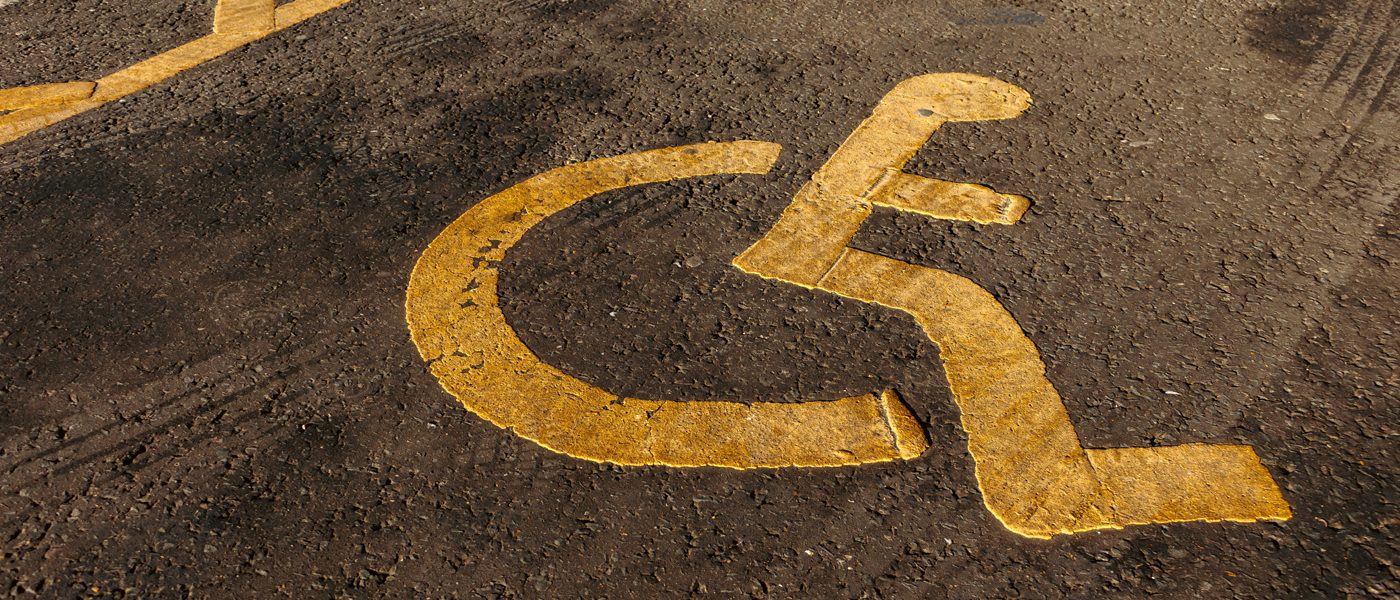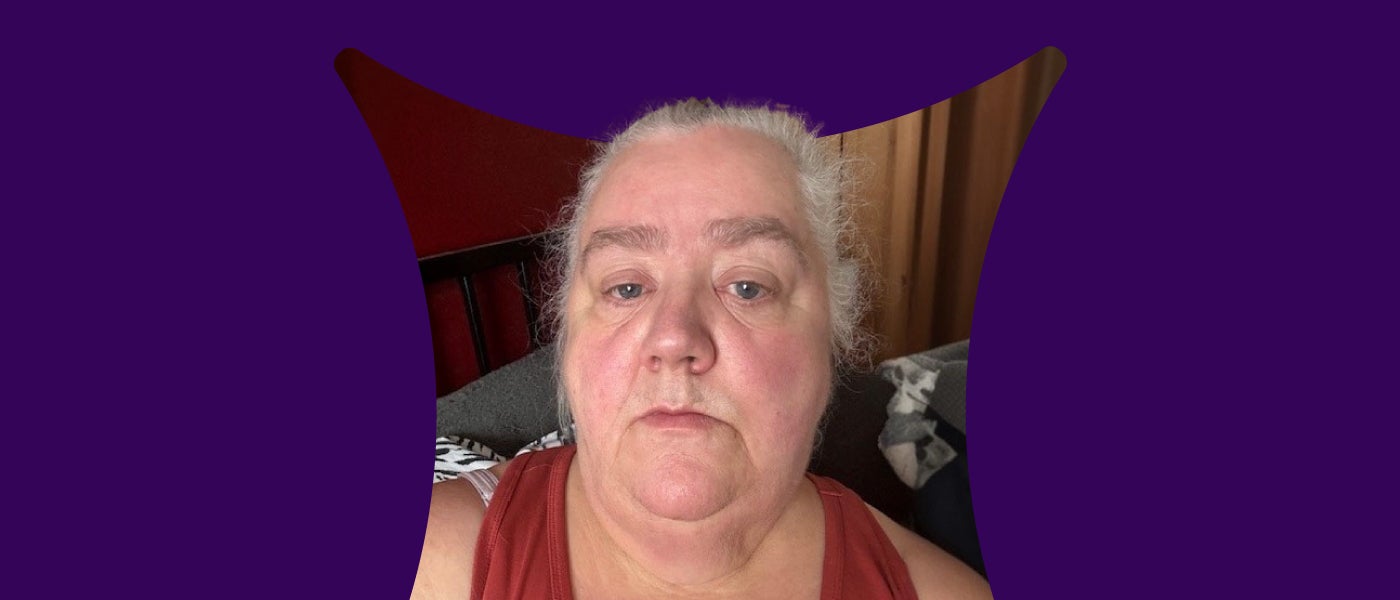- Home
- News and stories
- I have learnt how to ignore people and their looks
I have learnt how to ignore people and their looks
 18 August 2022
18 August 2022
As a person living with multiple chronic conditions, I often deal with negative attitudes from others in various forms.
I’ve been treated as less able, like I’ve lost the ability to use my brain, and like my chronic health defines me. It’s as though I’m not a person anymore.
The fact that my conditions can’t be seen is a problem for some people. I’m not disabled enough for them. I feel like I have to explain and justify myself constantly. That’s fed into my own insecurities and has had a massive impact on my confidence.
When I park in a disabled parking space, I quite often get looks. The sort where you know someone is questioning why you’re parked there.
A recent incident of this happened when I was out with my Mum and Dad. At the end of our day out, we headed back to our car which was parked in a disabled space. Someone, who was parked in the space next to us, got out to scan our car for a blue badge. Once the badge had been located, they stared at my mum and I, trying to work out who had the disability. As if it’s always visibly obvious!
“People still make assumptions about me.”
As someone who deals with pain and fatigue, accessible toilets make my life easier. But many people assume they’re not for people with conditions like mine.
Once, in a high-street shop, a woman faced me as I left the toilet. She grilled me up and down several times, to the point I felt embarrassed and uncomfortable. I had to walk past her to leave, which only made me feel worse.
Even using my mobility scooter, I find people still make assumptions about me.
Whilst some people are great when they encounter me on the pavement, others deliberately walk in my path. They act as though they can’t see me and it’s very frustrating. People talk down to me, as though I must have a problem with my brain because I’m using a scooter.
These attitudes are embarrassing, humiliating, and make me feel less confident about going out on my own. As a result, I’ve had to develop pretty thick skin. I’ve learnt how to ignore people and their looks.
“I need judgement-free access”
Things need to change.
I should be able to go out without being made to feel uncomfortable. There shouldn’t be a constant need to explain my chronic conditions to strangers.
It’s okay for someone like me to use a blue badge or disabled loo, and I need judgement-free access to them. I’m not less able. I just have to do things a bit differently these days and use the support available to me.
I’m still a person, so I should be spoken to like one.
For people in a similar situation to me, I have some advice: know yourself and what you need. If it’s a blue badge, then use it. It took me a while to feel confident enough to use one, but it’s made such a difference to my life!
Find people who are incredibly supportive and are willing to make adjustments for you, especially in public places.
Develop a thick skin. I know this one is hard, but I’ve honestly reached a point where I’m not going to defend my position or explain myself to everyone. It feels liberating! Now, I only share my story with those who matter to me. If someone can’t show a little bit of compassion, empathy or understanding, then my perspective is wasted on them.
Finally, even though it can be tremendously tough, just be you.
These experiences have an influence on how disabled people live their lives. 1 in 5 disabled people avoided social outings after experiencing negative attitudes. You can find out more about how attitudes affect disabled people in our attitudes research report.
 18 August 2022
18 August 2022








